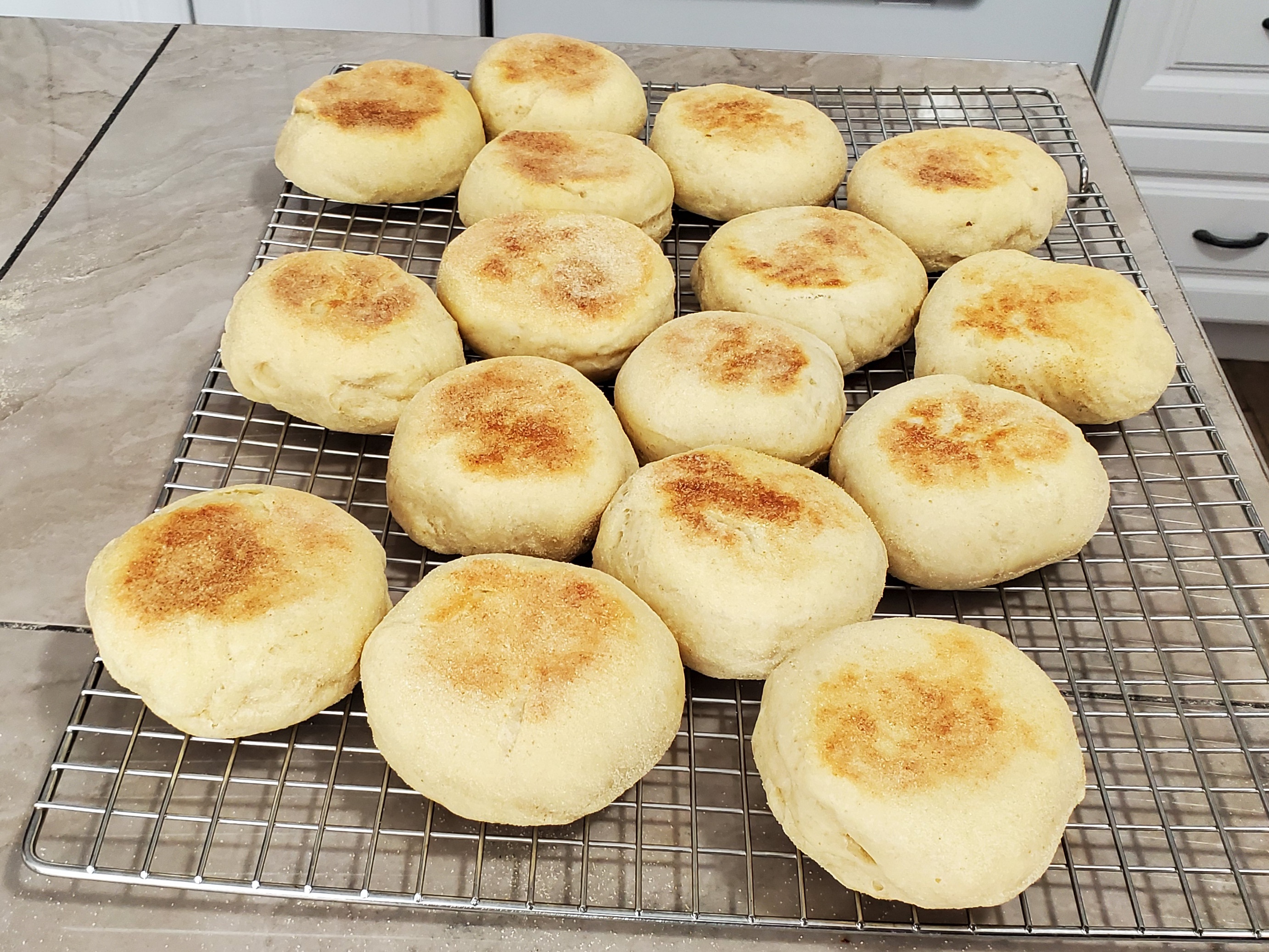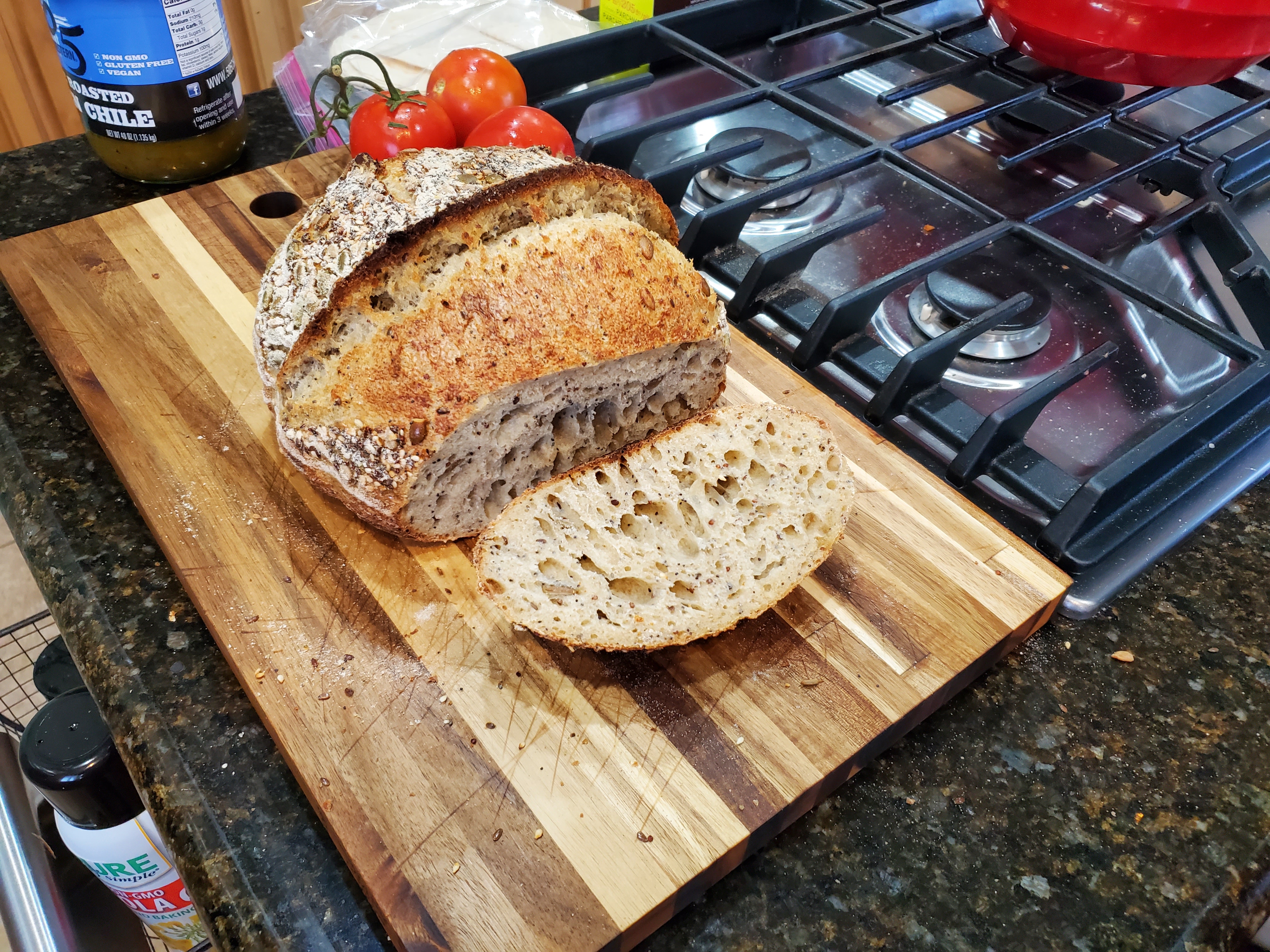I'm new to baking. I'm not "new" by any stretch of the imagination, (I'm 60). Since I retired I have occupied my time by learning things I always wanted to know more about but never had time. I spent about a year learning about coffee. The plants, the growing regions, the agricultural aspects, the marketplace, the history. I bought a bunch of equipment, started ordering green beans from around the world, experimented with different roast schedules, started playing with adjusting water chemistry, using the "golden cup" formula, etc, etc. I came to the realization that if you could ever actually brew the perfect cup of coffee to drink every day, it would no longer BE the perfect cup of coffee... it would be routine and mundane. I did learn a lot and the things I learned carried over, so we no longer drink freeze dried Folgers made with chlorinated tap water in a $10 Mr. Coffee auto drip machine. We don't spend the time or effort on creating the perfect cup of coffee every morning either - we found a middle of the road compromise and I'm thankful for the new knowledge.
From there I morphed into brewing beer at home. That hobby actually lasted about 5 years, (there's a lot to learn), and consumed tens of thousands of dollars in equipment. But again, I was more into ALL that is beer making - from growing barley, malting, growing hops, the history, the traditions, the Trappist Monks, styles, cultures, ales, lagers, on and on. Brewing beer was really just a way to see in real time how all the things I was learning about worked in practice. When push came to shove, I didn't need three 5 gallon kegs continuously on tap with a keg or two waiting on deck. I'm just one guy, (my wife doesn't drink). So after 5 years, and the addition of 80 pounds, I moved on.
For the past 2 months I've been into baking. I got started doing a sourdough starter. Now I have two going; one sits on the counter 24/7 and I feed it every morning with a 1:1 ratio of All Purpose flour and water. The other is in the refrigerator and I feed it once a week with 2 parts Semolina and 1 part water. It's much thicker and ferments slow and cold. I'm hoping to activate different enzymes and create different flavor profiles. So for 2 months I've been experimenting with sourdough breads and I, (and several of my relatives), have been quite pleased with my progress.
So I apologize for the long-windedness. I'm into English muffins currently, and trying to learn as much as I can so I can create my own recipe. I'm an artist, so with coffee, or beer making, or cooking, or now baking, I am as much into the creativity and artistic side as I am the science and methodology. I don't have the time or money to go to school to become formally trained in every new hobby that pops into my head, so I have to learn what I can where I can.
I very much appreciate your responses. Thank you


